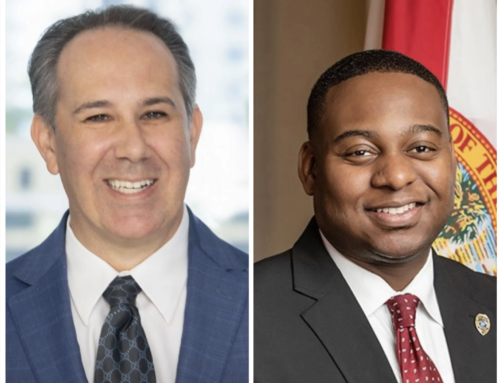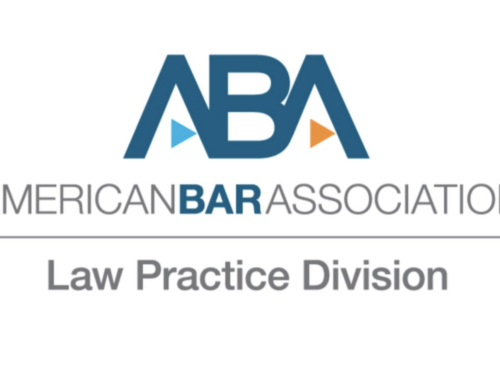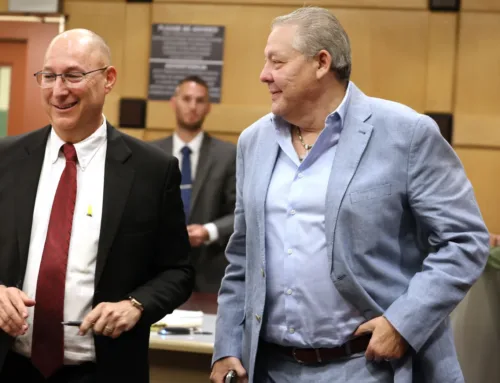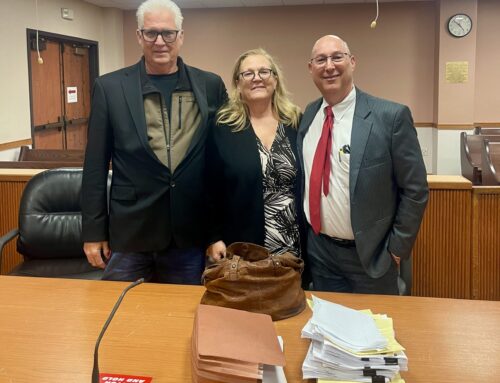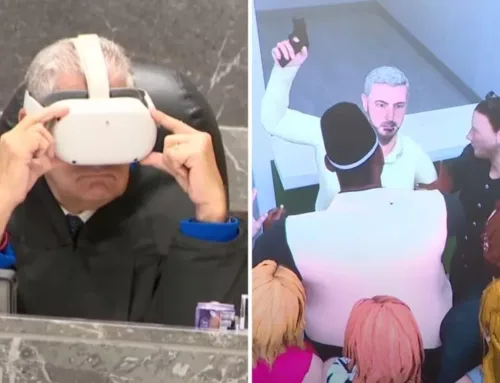Under Florida law, those are the standards for proving culpable negligence in a manslaughter case, which can carry up to 30 years in prison.
The potential manslaughter case would also depend on what steps, if any, the rehab center’s employees and administrators took to address the lack of power at the facility and the risk the outage posed to the safety of its elderly patients.
“It is a close call and will hinge on what else the staff did or didn’t do once the conditions got worse,” said lawyer David Weinstein, a former state prosecutor in Miami-Dade. “It is similar to the analysis that would be used if a parent left their child in a hot car.”
“Were they grossly careless, wanton or reckless, or just negligent?” said Weinstein, who practices criminal defense law.
Prominent Miami civil attorney Stuart Grossman, who specializes in medical malpractice cases, said the rehab center’s conduct isn’t just a failure to provide a standard of of care, or negligence. “It’s much worse than that,” he said.
“What makes this worse is that it happened in plain sight,” Grossman said. “I don’t understand why they didn’t call fire rescue or remove the patients while they were watching this medical emergency unfold before their very eyes.”
The rehab center’s administrator, Jorge Carballo, said the staff “diligently prepared for the impact of Hurricane Irma.”
He said Wednesday the center was cooperating fully with investigators.
But the state Department of Health said regulators were never told that residents at the nursing home were in peril.
“At no time did the facility report that conditions had become dangerous or that the health and safety of their patients was at risk,” said Mara K. Gambineri, a Florida health department spokeswoman.
In fact, Gambineri said, the nursing home had made 17 reports to the state through an online database beginning Sept. 7. “Throughout the course of these reports, the facility never requested any assistance or reported the need for evacuations.”
On Wednesday night, the state Agency for Health Care Administration halted new admissions to the rehab center, which had a history of poor inspections by state regulators.
Thursday night, Gov. Rick Scott suspended Medicaid payments to the nursing home.
AHCA said that on Sunday — when the storm made landfall in Florida — the rehab center “became aware that its air conditioning equipment had ceased to operate effectively.” The nursing home contacted Florida Power & Light to report the problem, then set up eight portable air coolers throughout the facility, and placed fans in the hallways.
On Tuesday afternoon, the center reported to state regulators that it had power — and access to fans and spot coolers provided by Memorial Regional Hospital, which is located across the street.
But in the wee hours of Wednesday, “several residents suffered respiratory arrest or cardiac distress,” AHCA said.
First responders, “as a result of the heat in the building,” essentially ordered the home to evacuate its second floor. Administrators evacuated all 141 surviving residents from the building, transferring them to Memorial Regional and other area hospitals.
The Broward Medical Examiner’s office released the names of the dead Wednesday, but declined to state the cause of any of the deaths. They were: Carolyn Eatherly, 78; Miguel Antonio Franco, 92; Estella Hendricks, 71; Betty Hibbard, 84; Manuel Mario Mendieta, 96; Gail Nova, 71; Bobby Owens, 84; and Albertina Vega, 99.



